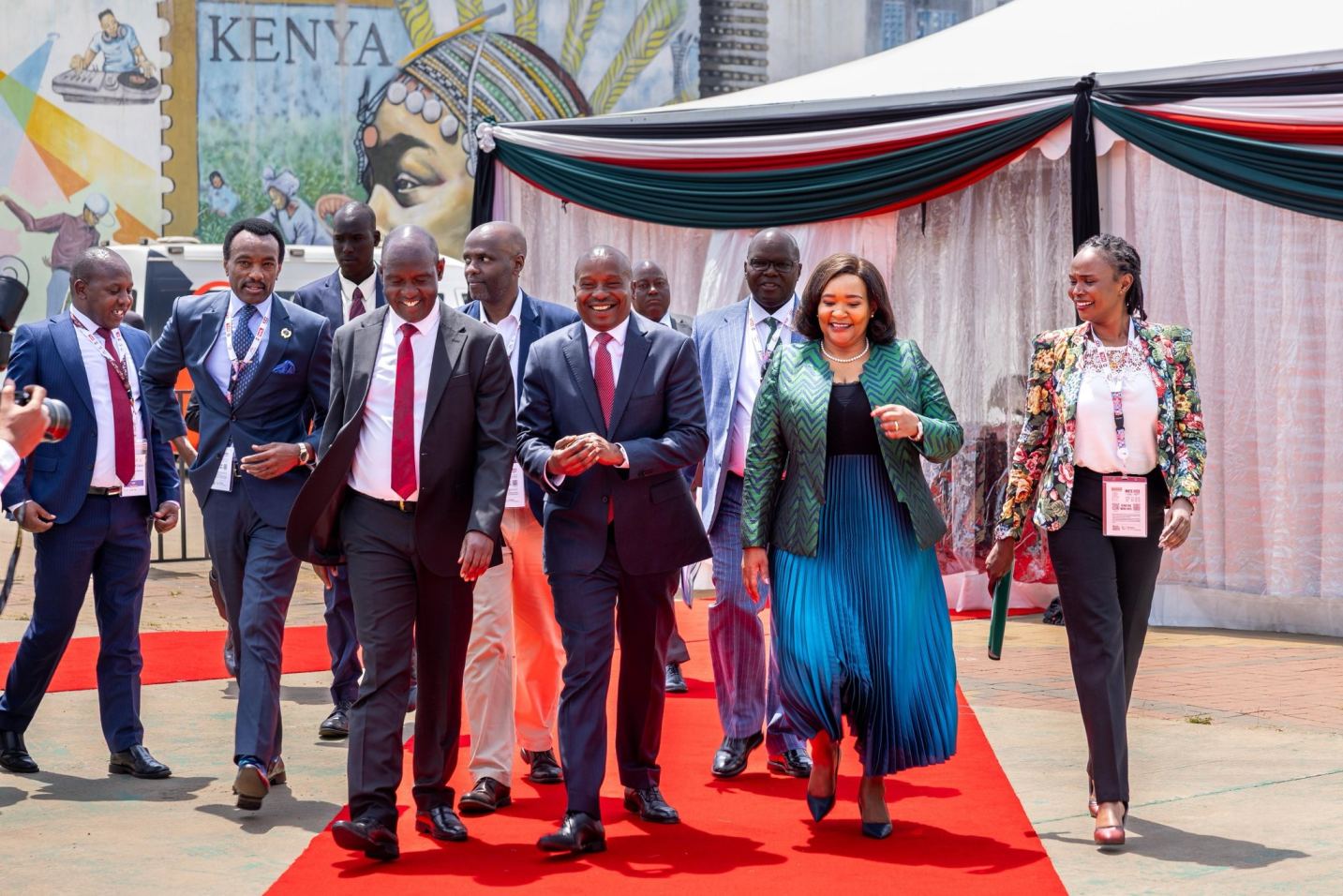Deputy President Kithure Kindiki has urged the country to diversify its tourism offerings in order to remain competitive and expand Kenya’s global market share.
Speaking on Thursday at the opening of the 15th Magical Kenya Travel Expo at Uhuru Gardens in Nairobi, Kindiki said Kenya must move beyond its traditional reliance on wildlife safaris, cultural heritage and coastal retreats by introducing innovative products and tapping into non-traditional attractions.
“Kenya’s traditional offerings may continue to draw international visitors, but they must be complemented by new and innovative products,” he said.
The three-day Expo, now in its 15th edition, brought together 417 exhibitors and more than 6,500 delegates from across the world, underlining Kenya’s growing stature as a tourism hub.
Kindiki highlighted astro-tourism, desert safaris in Chalbi, and tech-driven tourism anchored on Kenya’s global reputation as the “Silicon Savannah” as emerging frontiers.
He said sports and cultural icons such as marathon legend Eliud Kipchoge and Nobel laureate Wangari Maathai also form part of Kenya’s unique identity that should be leveraged in global marketing.
“Over and above the Kenya of the Big Five is the Kenya of M-Pesa and mobile money. The Kenya of Eliud Kipchoge. The Kenya of Innovation and Leadership. The Kenya that is young and resourceful,” he said.
The Deputy President added that tourism must also expand into sports, faith, and heritage tourism to ensure the sector appeals to a broader spectrum of visitors, “from the thrill-seeker to the pilgrim.”
Despite recent gains, Kindiki cautioned that Kenya must do more to remain competitive. Kenya welcomed 2.4 million visitors in 2024, a 15 percent increase from the previous year, while revenues grew by 20 percent to Sh452 billion (USD 3.5 billion).
Domestic tourism, he noted, showed strong potential for growth.
Looking ahead, the World Travel & Tourism Council (WTTC) projects that the sector will contribute a record Sh1.2 trillion (USD 9.3 billion) to the economy in 2025, representing more than 7 per cent of GDP, and sustain 1.7 million jobs, accounting for over 8 percent of total employment.
“We remain head above shoulders when ranked against our East African brothers, but struggle when compared to destinations in North and South Africa. With Africa emerging as one of the strongest-performing regions in global tourism recovery for 2025, we must do more to tap into this growth and drive performance,” Kindiki said.
The DP stressed that every tourist contributes directly to Kenya’s economy by supporting agriculture, transport, hospitality, and the informal sector.
“Every tourist who comes to Kenya supports our farmers, our transport industry, our cottage industries and our hotels. Tourism is a lifeline for our economy, and we must keep it vibrant,” he said.
